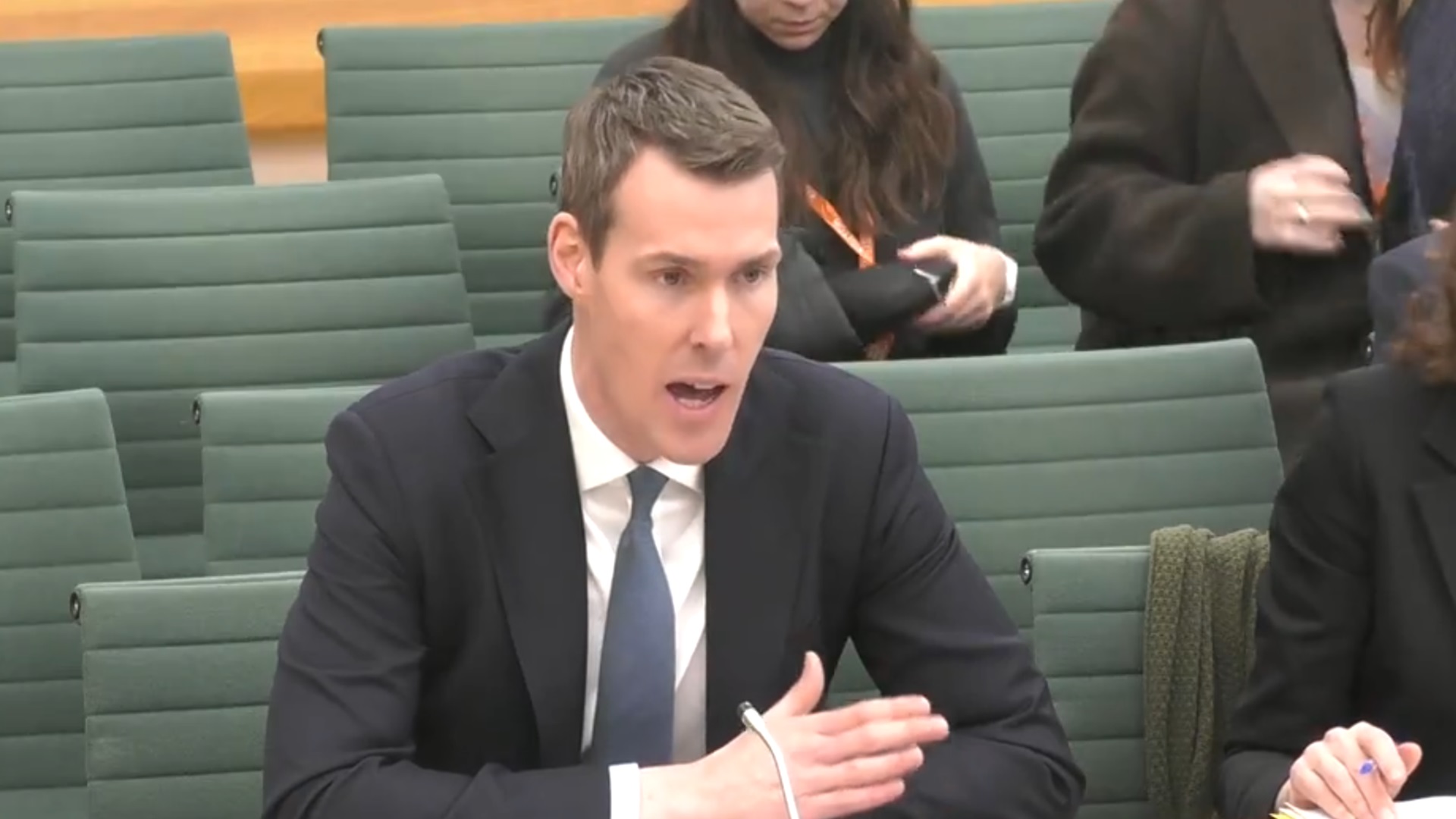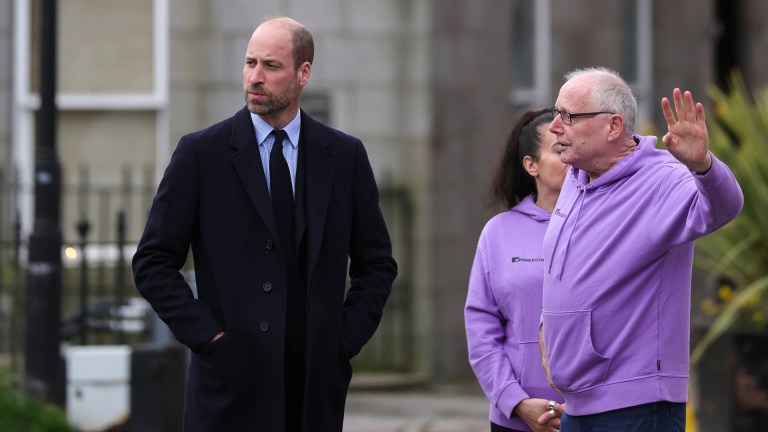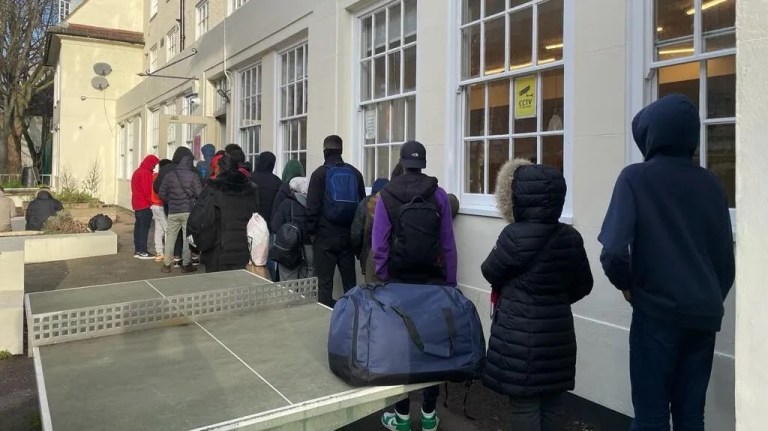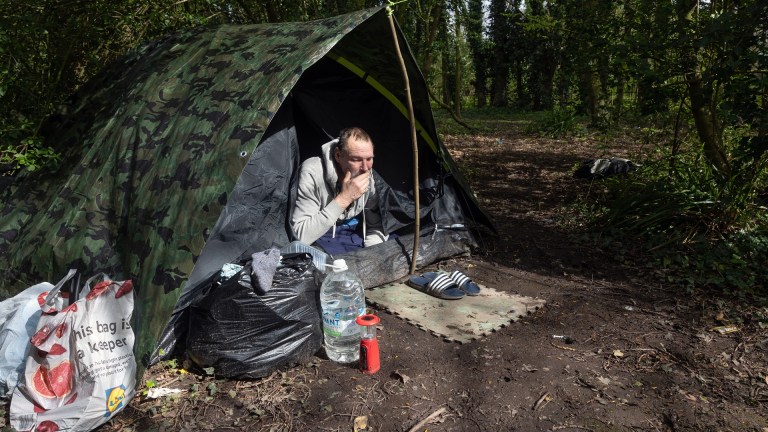Pennycook added that the Office for Budget Responsibility is forecasting that the number of houses delivered in England this year will fall below 200,000.
Meanwhile, the government’s affordable homes programme is only expected to deliver between 110,000 and 130,000 homes down from the 150,000 originally planned when the scheme was launched in 2020.
Analysis from The Housing Forum, released in September, forecasted that the number of homes delivered in the current year could be as low as 160,000.
That would mean Labour would have to build around 450,000 homes in 2029 ahead of the next general election to achieve its manifesto pledge. Housebuilding has failed to reach that level since 1968.
The previous Conservative government also pledged to build 300,000 homes while in power but fell short, with around 235,000 homes the closest they got.
The Housing Forum’s timeline of policy changes to overcome the slump and deliver 1.5 million homes included: more resources for the planning system, a review of green belt land particularly around London and funding infrastructure for brownfield development.
Advertising helps fund Big Issue’s mission to end poverty
“We all know a step change in housebuilding rates is needed,” said Shelagh Grant, The Housing Forum’s chief executive.
But there are signs that housebuilding is on the up.
The National House Building Council’s (NHBC) latest statistics, released last week, showed the number of new homes registered to be built in the UK rose 40% in the third quarter of 2024 compared to the same period in 2023.
The figures, from the UK’s largest provider of new home warranties and insurance, are considered an early indicator of housebuilding levels in the months ahead.
“Our latest quarter’s figures show that new home registrations are holding steady with some signs of increased activity on site and an emerging mood of cautious optimism amongst house builders,” said NHBC chief executive Steve Wood.
“A further uplift in registrations is needed to move us towards the government’s 1.5 million new homes target, with this dependent on continued easing of interest rates and a rise in confidence amongst consumers and investors. The funding pledged by chancellor Rachel Reeves in her first autumn budget was welcomed and should, over time, have a positive impact on housing supply.”
Advertising helps fund Big Issue’s mission to end poverty
Pennycook also retains some optimism for Labour’s chances at hitting the 1.5 million homes target.
He told the committee that a lower target would have been an “inadequate response to the housing crisis.
“I am convinced that it is deliverable and I am convinced it is essential more importantly and both I and the deputy prime minister [Angela Rayner] have never been anything other than completely candid about the fact that 1.5 million net additional dwellings in a single parliament is an incredibly stretching target,” said Pennycook.
“We could, of course, have picked a far less taxing target, for example, the previous government’s target of one million homes over the same period, but doing so, in our view, would have been an inadequate response to what is an acute and entrenched housing crisis in England.
“We have a generation completely locked out of home ownership as a result of the steadily expanding gap between house prices and average earnings. We’ve got millions of low-to-middle income households forced into insecure unaffordable and far-too-often substandard private rented housing. We have 1.3 million people languishing on social housing waiting lists and, to our utter shame as a nation, more than 150,000 homeless children right now living in temporary accommodation. That is the price we have paid for not being serious about housebuilding rates.”
The Housing, Communities and Local Government Committee has been holding a series of inquiries into the housing crisis this month, including investigating children living in temporary accommodation and rough sleeping.
Advertising helps fund Big Issue’s mission to end poverty
Big Issue founder Lord John Bird notably walked out of the committee hearing while giving evidence on the state of rough sleeping.
Do you have a story to tell or opinions to share about this? Get in touch and tell us more. This Christmas, you can make a lasting change on a vendor’s life. Buy a magazine from your local vendor in the street every week. If you can’t reach them, buy a Vendor Support Kit.
Big Issue is demanding an end to extreme poverty. Will you ask your MP to join us?










